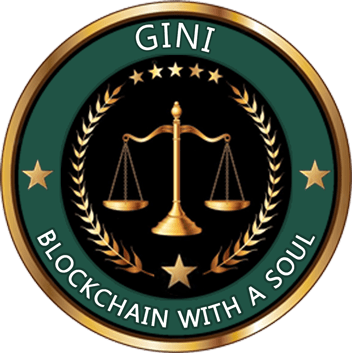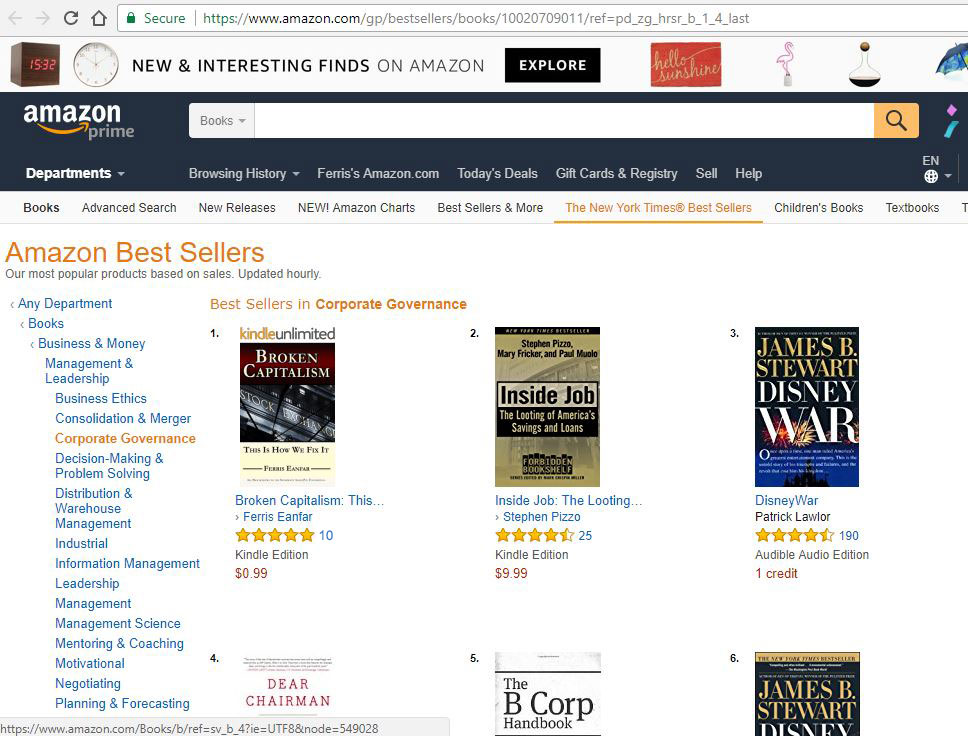I was recently asked, “Why is the U.S. Government involved in Afghanistan?” Aside from the idiotic “War on Terror” justification given by the Bush, Obama, and Trump Administrations since 2001, many people still believe that American “interests” are served by nation-building in every nook and cranny of our planet. So, let’s briefly explore the concept of “national interest.”
Interest Groups Define “National Interest” Based on Their Self-Interest, Not the National Interest. The concept of “national interest” is often used by special interest groups on both sides of a debate to justify their own narrowly defined interests, which often bear no meaningful resemblance to the actual national interest. In the United States today, we have several well-funded interest groups who view U.S. Government intervention in radically different ways because they define “national interest” in radically different ways.
Defining “National Interest.” In general, there are two ways to define “national interest”: economic access to commercial markets and power politics to influence geopolitical events. Power politics is often characterized as necessary to achieve sufficient influence to gain (or maintain) access to commercial markets, but in those cases, it is fundamentally economic access-driven, not power politics-driven. True power politics-driven intervention is usually intended to achieve ideological goals, which are often uncorrelated with any particular economic interests; rather, they’re rooted in philosophies of political governance that may feel more emotionally compatible with the democratic ideals of American political officials (assuming they’re acting in good faith and not merely “spreading democracy” as a cover for economic imperialism).
National Interest Must be Evaluated Over Long Time-Frames. The time-frame of any economic and/or geopolitical analysis has a significant impact on the perceived outcome of every foreign policy. For example, if the American intervention in Iraq beginning in 2003 is evaluated only over the six-week period between March 20, 2003 to 1 May, 2003, then many people might agree with former President Bush’s “Mission Accomplished” speech on 1 May, 2003 aboard the U.S.S. Abraham Lincoln. However, if we extend the time-frame to longer periods, the success and merits of the U.S. invasion become much less compelling. In fact, in the full scope of time, policies of foreign intervention often appear quite idiotic.
The U.S. Founders Were Resistant to Foreign Intervention. For all the reasons above (and here), the U.S. Founding Fathers were adamant and explicit about resisting the temptation to meddle in the internal affairs of other nations. In the case of U.S. intervention in Afghanistan, there is nothing that can be unequivocally defined as a “vital U.S. interest.” Yes, there is uranium and rare earth metals and a thriving opium trade, which collectively may be attractive to U.S. business interests, but they are not at all essential to the interests of the great mass of Americans who are paying USD trillions to gargantuan defense contracting companies and the U.S. Treasury to subsidize these naive (at best) and often deliberately plutocratic nation-building adventures.
Bad-Faith Intervention is Always Doomed to Failure. In his book, The Savage Wars Of Peace: Small Wars And The Rise Of American Power, regarding the U.S. Government’s penchant for interventionism in Haiti and the Dominican Republic throughout the 19th and 20th Centuries, political scientist, Max Boot said, “the only thing more unsavory than U.S. intervention, it turned out, was U.S. nonintervention.” This can only be true if one perceives “national interest” from within the economic imperialist perspective. Those interventions failed to achieve their stated goals because the stated purposes of the U.S. Government’s intervention were fraudulent in most cases and based on self-service, not a true commitment to spreading democracy.
Armed Neutrality, Peace & Trade with All Nations is the Optimal Foreign Policy. In reality, Boot’s perspective is fundamentally antagonistic to the way Thomas Jefferson, James Madison, John Adams, George Washington, and virtually all the U.S. Founders perceived American foreign policy. The Founders understood the principle of “peace through strength” better than most American politicians do today. From the Founders’ perspective, American interests are far better served by leading the world by example, increasing the wealth of nations through mutually beneficial trade, and respecting above all else the sovereignty of nations and the individual liberties of their people.
About Ferris Eanfar
Ferris Eanfar has over 20 years of experience in technical, financial, media, and government intelligence environments. He has written dozens of articles and several books in the fields of Economics, Crypto-Economics, and International Political Economy, including Broken Capitalism: This Is How We Fix It and GINI: Capitalism, Cryptocurrencies & the Battle for Human Rights and the Global Governance Scorecard. Ferris is a cofounder of the Gini Foundation, which builds unique cryptocurrency systems to protect human rights, among other benefits; and the CEO of the AngelPay Foundation, a nonprofit financial services company with a mission to “return wealth and power to the creators of value.” To learn more about Ferris, please visit the About Ferris page.Visit Ferris on:

 Gini Website Coming Soon. We (
Gini Website Coming Soon. We (
